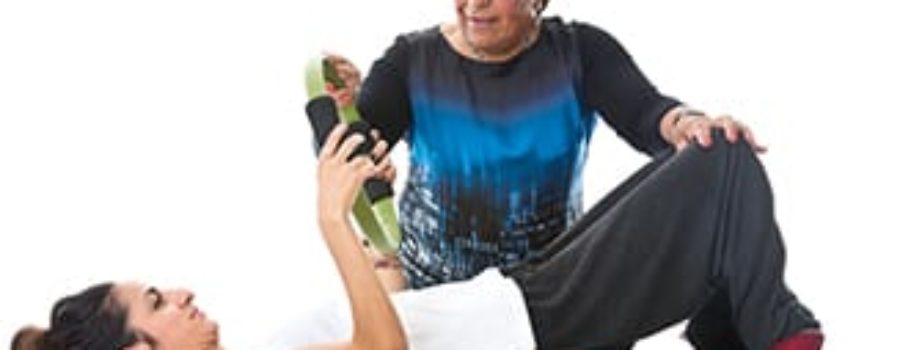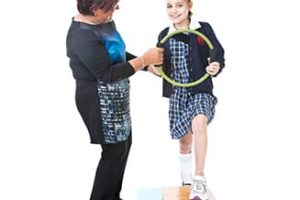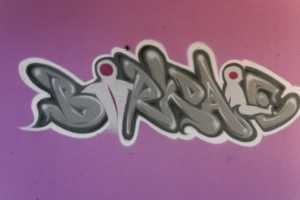Sitting on an air cushion and playing with toys will reveal significant, yet unspoken, information about a childs’ condition to a therapist.
This simple activity calls into play co-ordinated, and multiple, sensory and motor functions; any failings of these will indicate something specific to the watching physical therapist. For example:
When a child is sitting and reaching forward to play with toys, eye movements tell the child where the toys are in relation to the body. The child has to maintain balance and, in doing so, the vestibular system is called into play.
As the child’s eyes track the toy, the child’s body shifts and visual perception is stimulated.
Simultaneously, both neck and trunk reaction are stimulated to maintain balance.
The coordination of hand function yields more information about sensory awareness to the hands.
So, do not be surprised at the frequent use of air cushions in therapy sessions!





Leave a Reply
Your email is safe with us.
You must be logged in to post a comment.